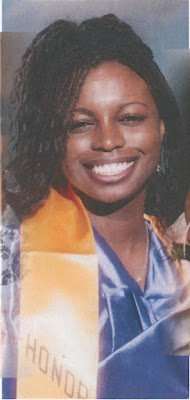Did you know that you have a moral circle? And while it might sound like something positive, for the most part it isn't positive at all. It divides our world into family and not-family, kin and not-kin, into us and them, into people and "ends to our means".
Here's how Richard Beck describes our moral circle:
... These two instinctive processes [differentiating kin from non-kin, and extending '"kindness" toward our "kin"'] create what Singer calls our moral circle. That is, we psychologically draw a circle around a group of people whom we identify as "my kind," "my tribe," "my clan," "my family." This circle is initially populated with family members, but as we grow the circle includes more and more non-biological relations, "friends" who are "like family to us."
... In Kantian language, people inside the moral circle are treated as ends in themselves while people on the outside of the moral circle are treated as means to our ends. We treat those inside the moral circle with love, affection, and mercy, and those outside the moral circle with indifference, hostility, or pragmatism. And all of this flows naturally from a simple psychological mechanism: Are you identified as "family"?
Richard Beck, Unclean: Meditations on Purity, Hospitality, and Mortality(pp. 100-101)












